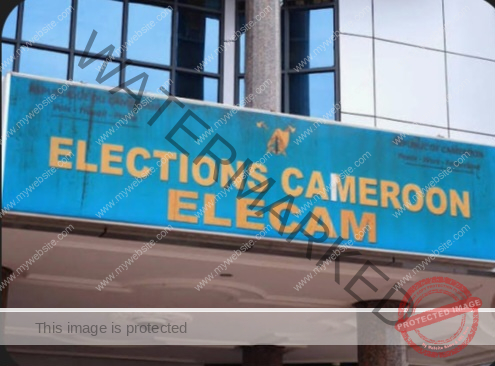Running in parallel is ELECAM (Elections Cameroon), the institution constitutionally mandated to guarantee free and fair elections. In practice, its leadership is handpicked from ruling party loyalists.
By The Independentist Political Desk
As the clock ticks toward yet another presidential proclamation in La République du Cameroun (LRC), the contours of power reveal a familiar script. In this tightly choreographed performance, elections are not instruments of change but rituals designed to reaffirm a regime that has mastered the art of control.
At the heart of this machinery stands Paul Atanga Nji, the powerful Minister of Territorial Administration — dubbed by critics as the “Minister of Terrorism.” His role extends far beyond administrative oversight; he embodies the coercive arm of the state. Through intimidation, surveillance, and the strategic deployment of security forces, dissent is neutralized long before ballots are cast.
Running in parallel is ELECAM (Elections Cameroon), the institution constitutionally mandated to guarantee free and fair elections. In practice, its leadership is handpicked from ruling party loyalists. From voter registration to ballot transportation, ELECAM acts less as an independent referee and more as a mechanism for ensuring that electoral processes unfold within boundaries defined by the regime.
The final seal of this political ritual rests with the Constitutional Council, chaired by Clement Atangana, whose decisions have consistently mirrored the executive’s will. Its role has become largely ceremonial: to validate prearranged outcomes. In every electoral cycle, the refrain remains unchanged — Paul Biya, winner.
Together, Atanga Nji, ELECAM, and Atangana’s Council form the spine of an electoral edifice that grants Cameroonians the form of democracy but denies them its substance. It is a closed loop where the regime sets the question, provides the answer, and grades its own paper.
For citizens yearning for genuine transformation, this structure leaves little room for illusion. Many now argue that meaningful change will not emerge through ballot boxes firmly controlled by the state, but through a revolutionary reimagining of the nation’s political order. Whether civic, institutional, or popular, the message is clear: within the current system, outcomes are fixed; only the method of proclamation changes.
As the world watches another electoral cycle unfold, the deeper question persists: how long can a nation sustain the theatre of democracy without confronting the reality that the script has already been written?
The Independentist Political Desk

